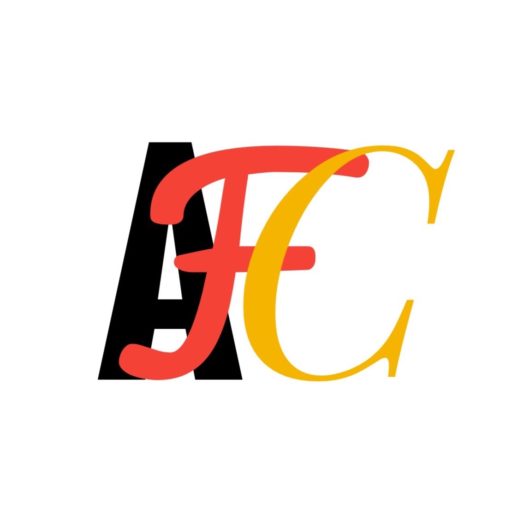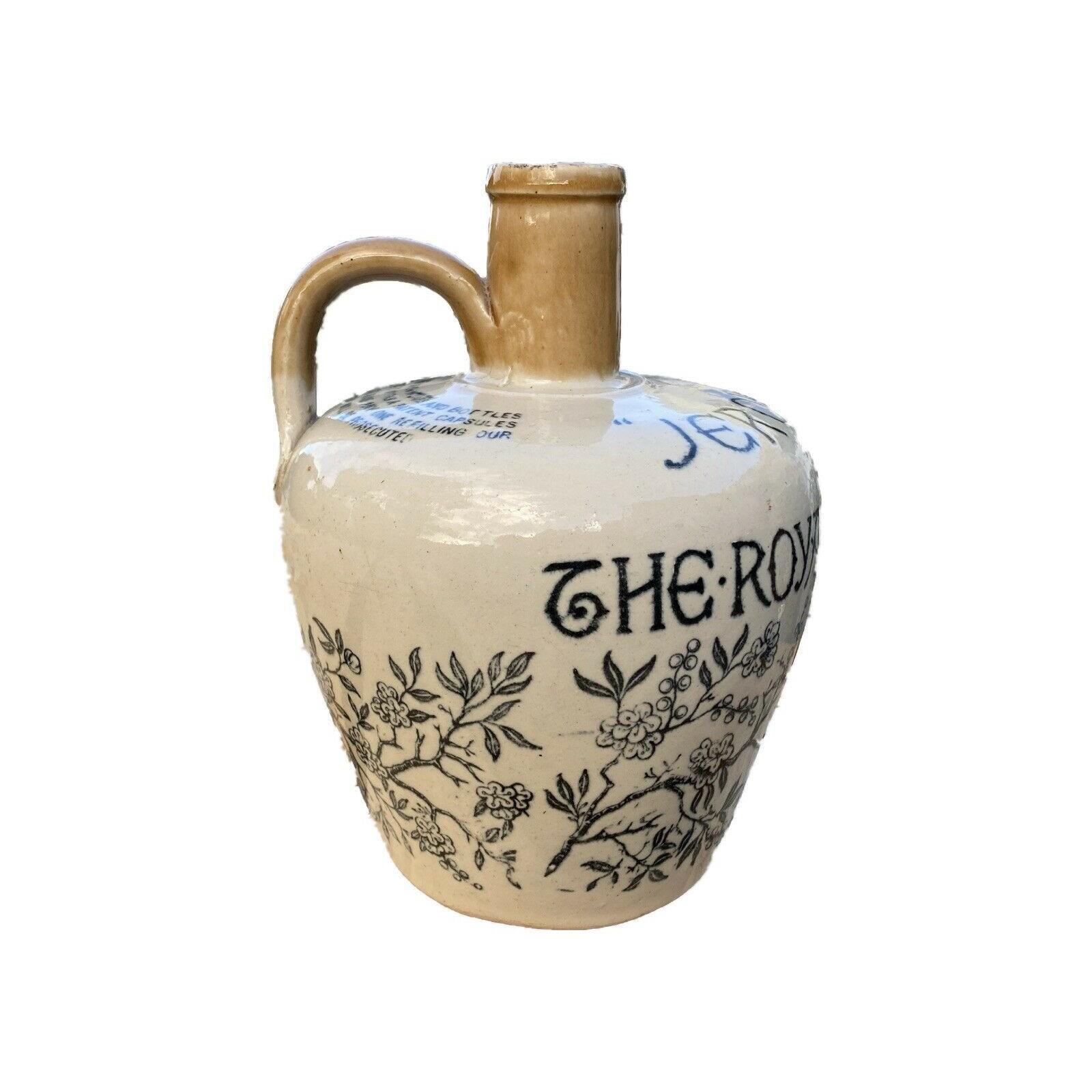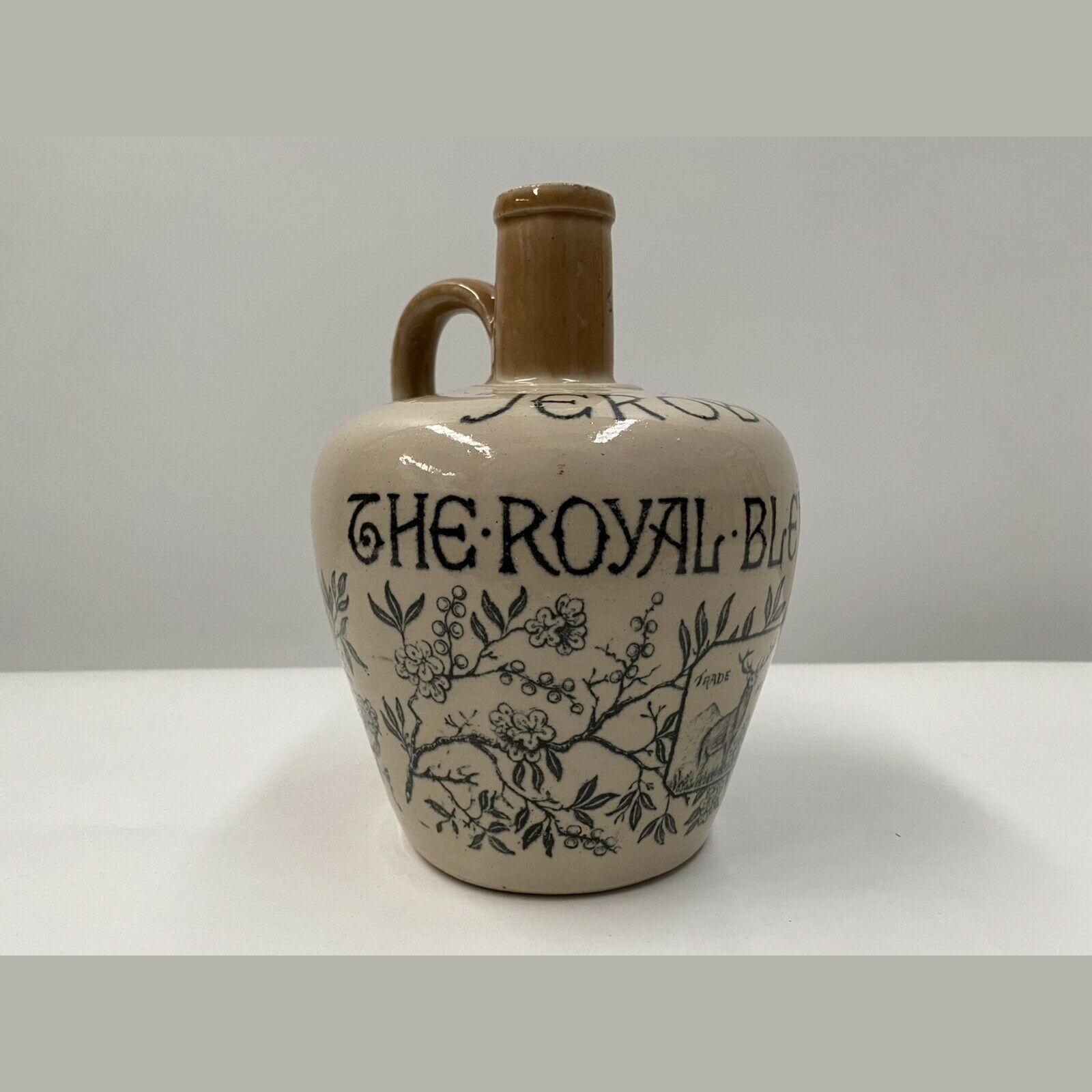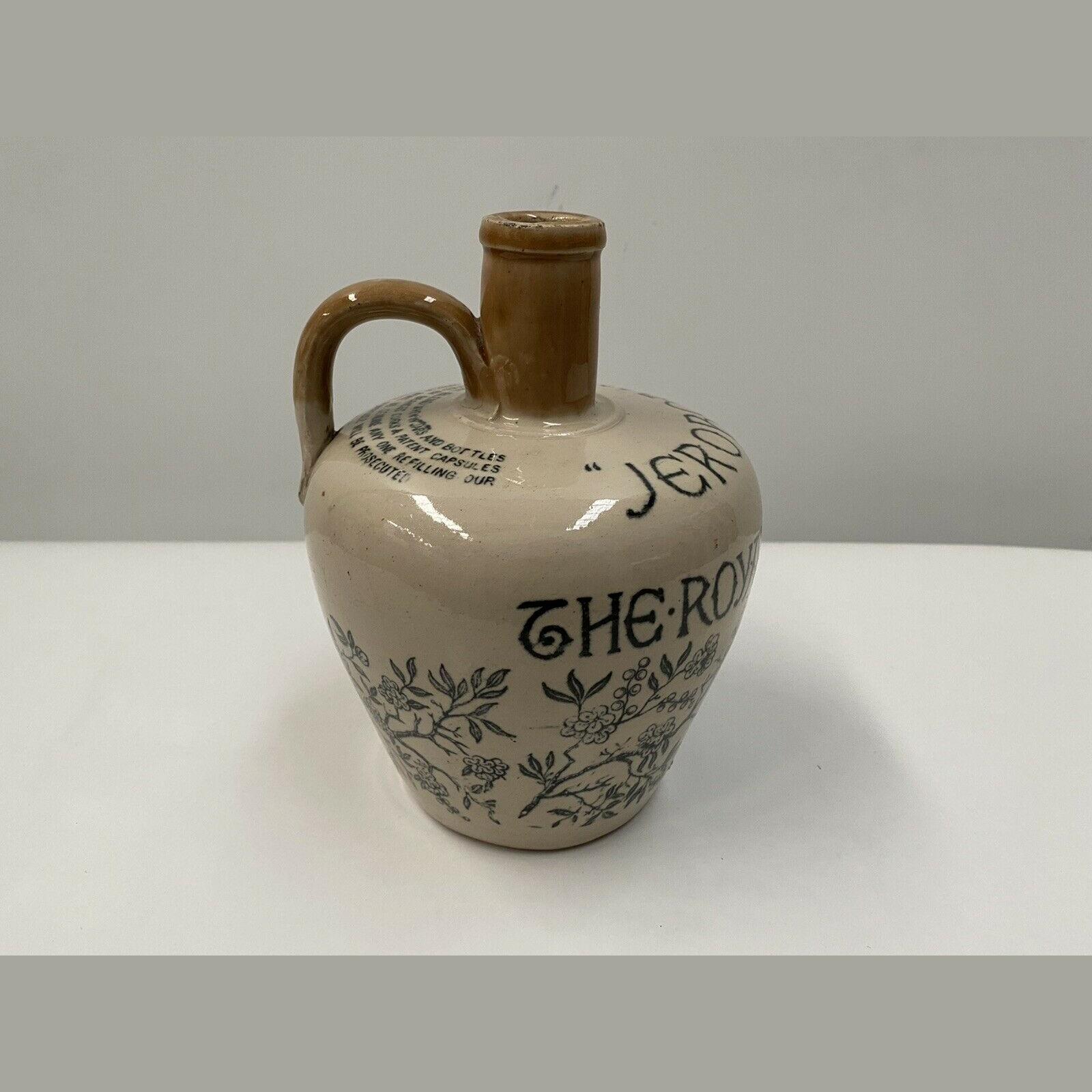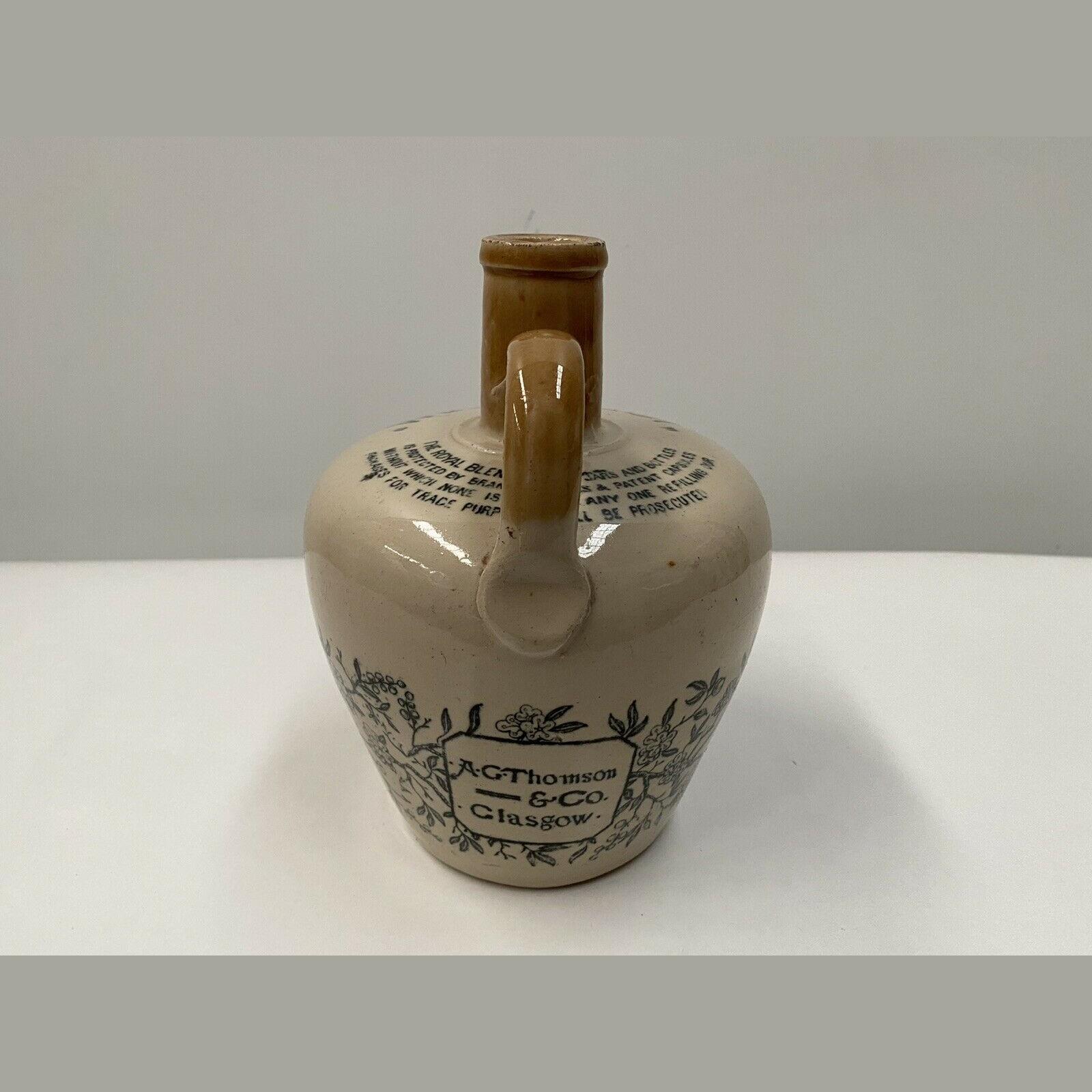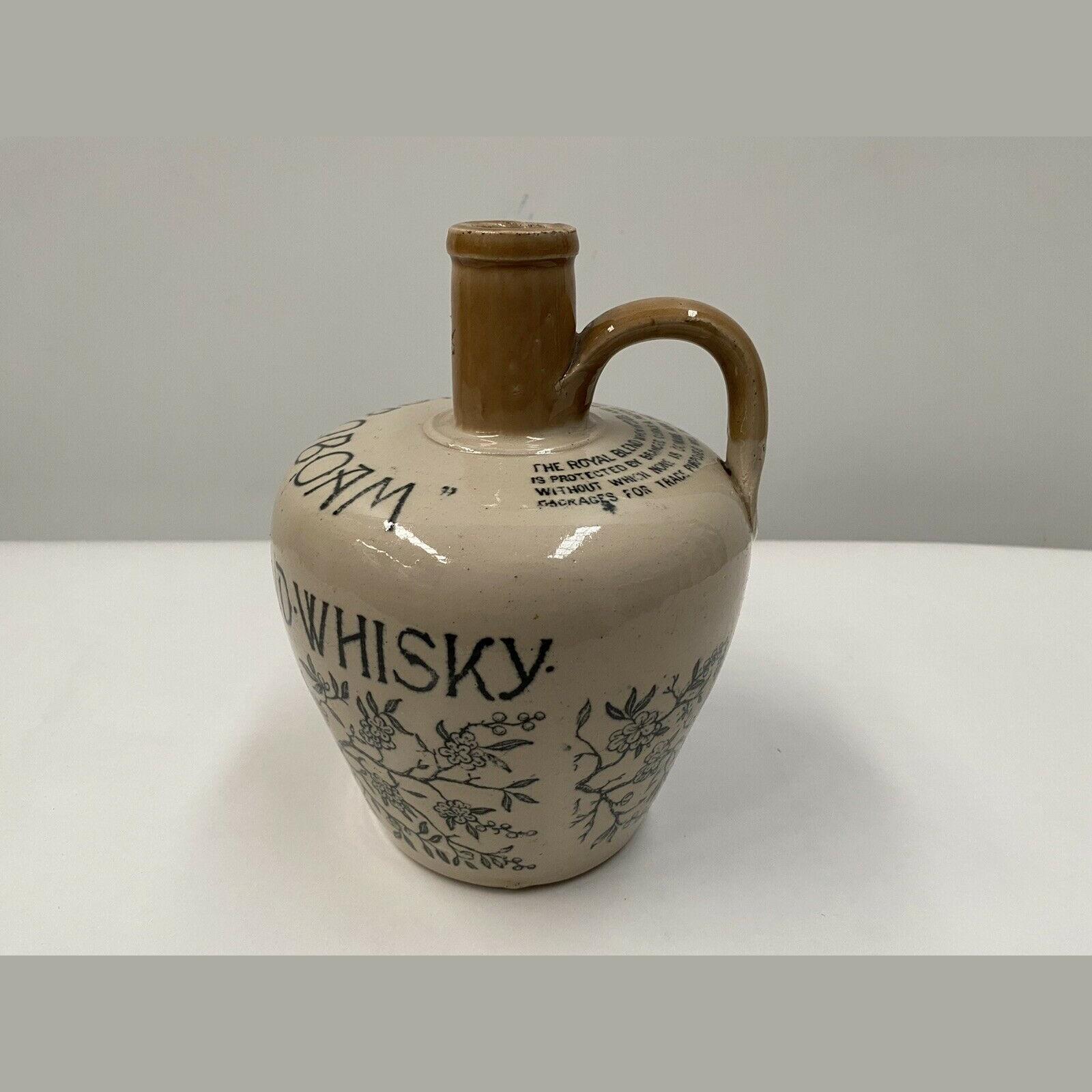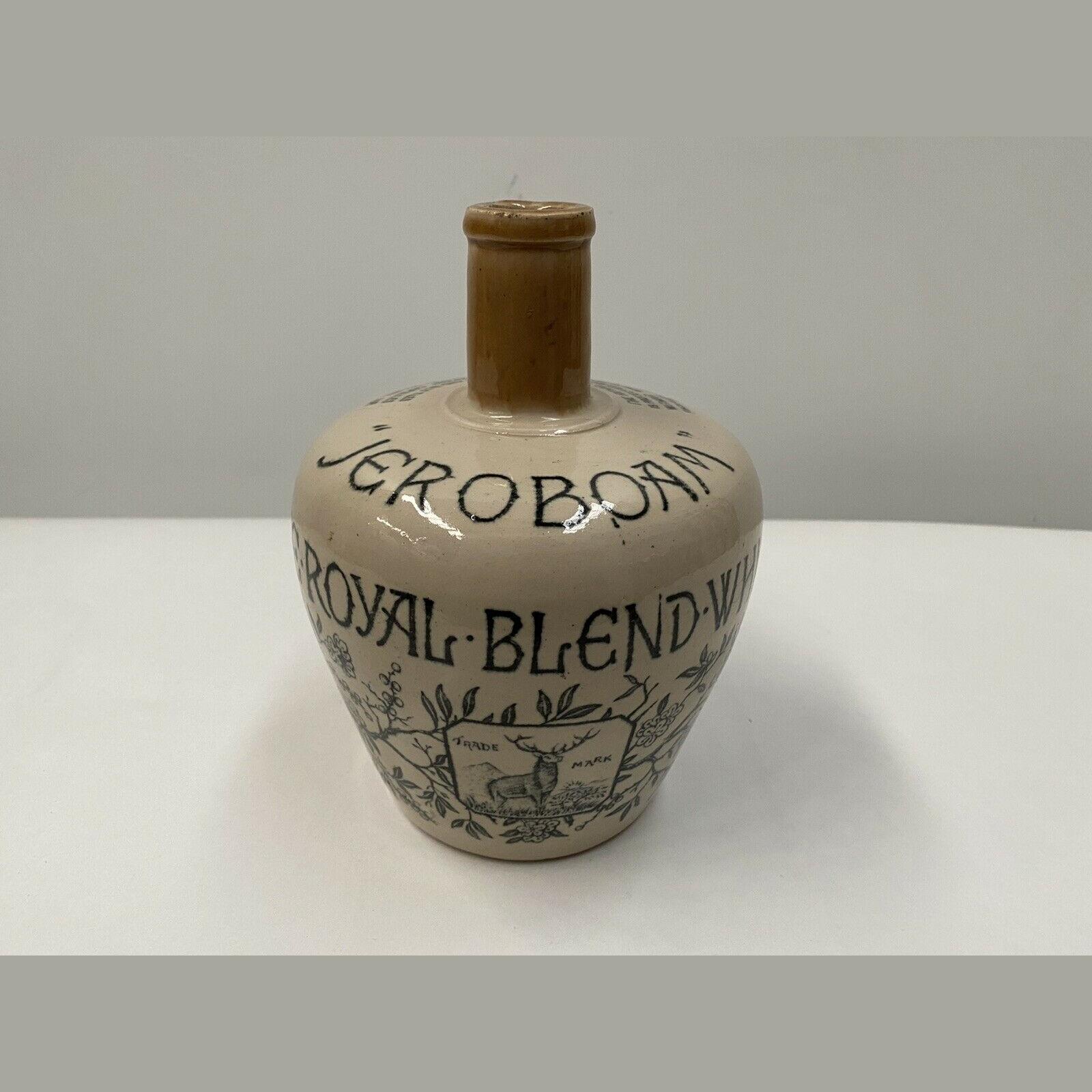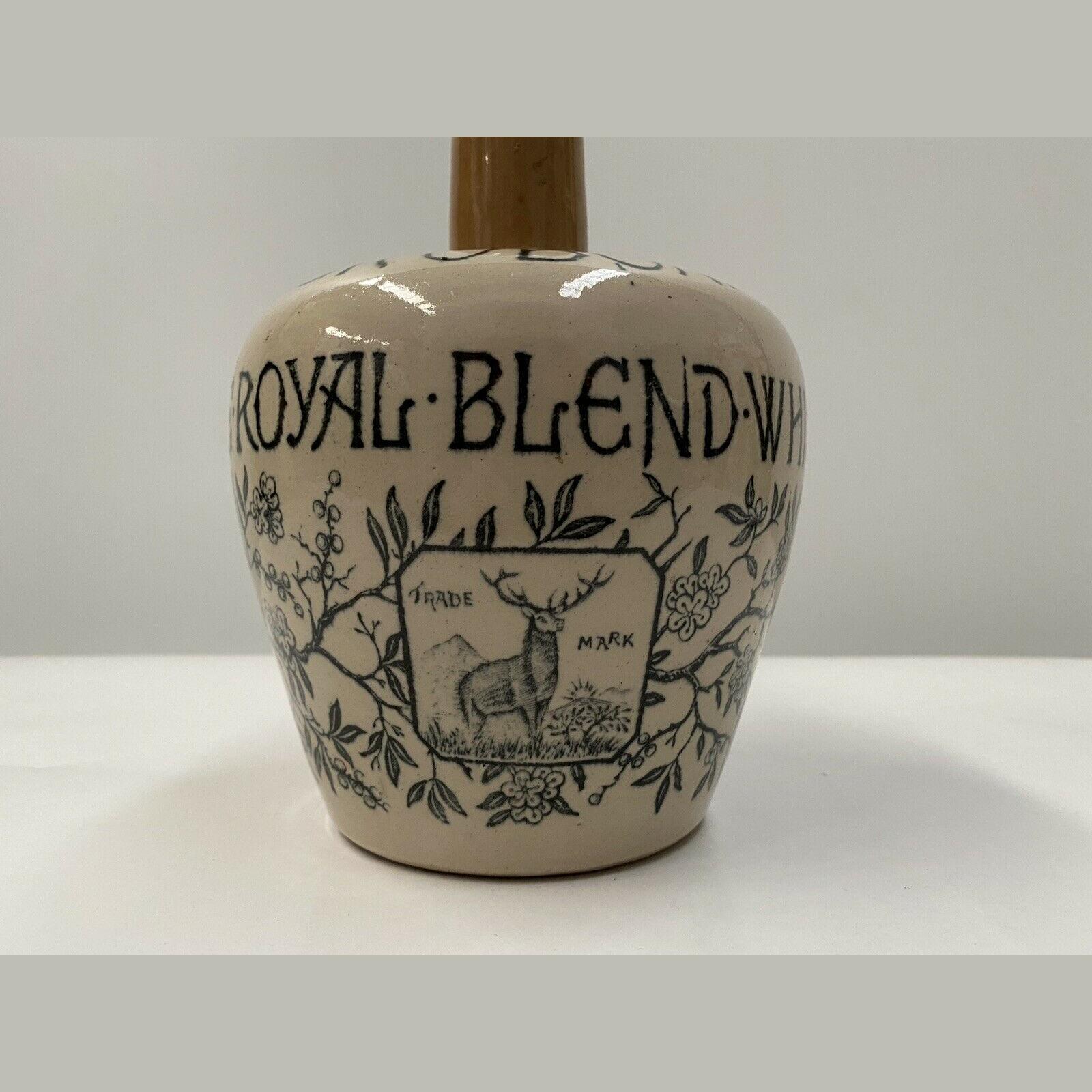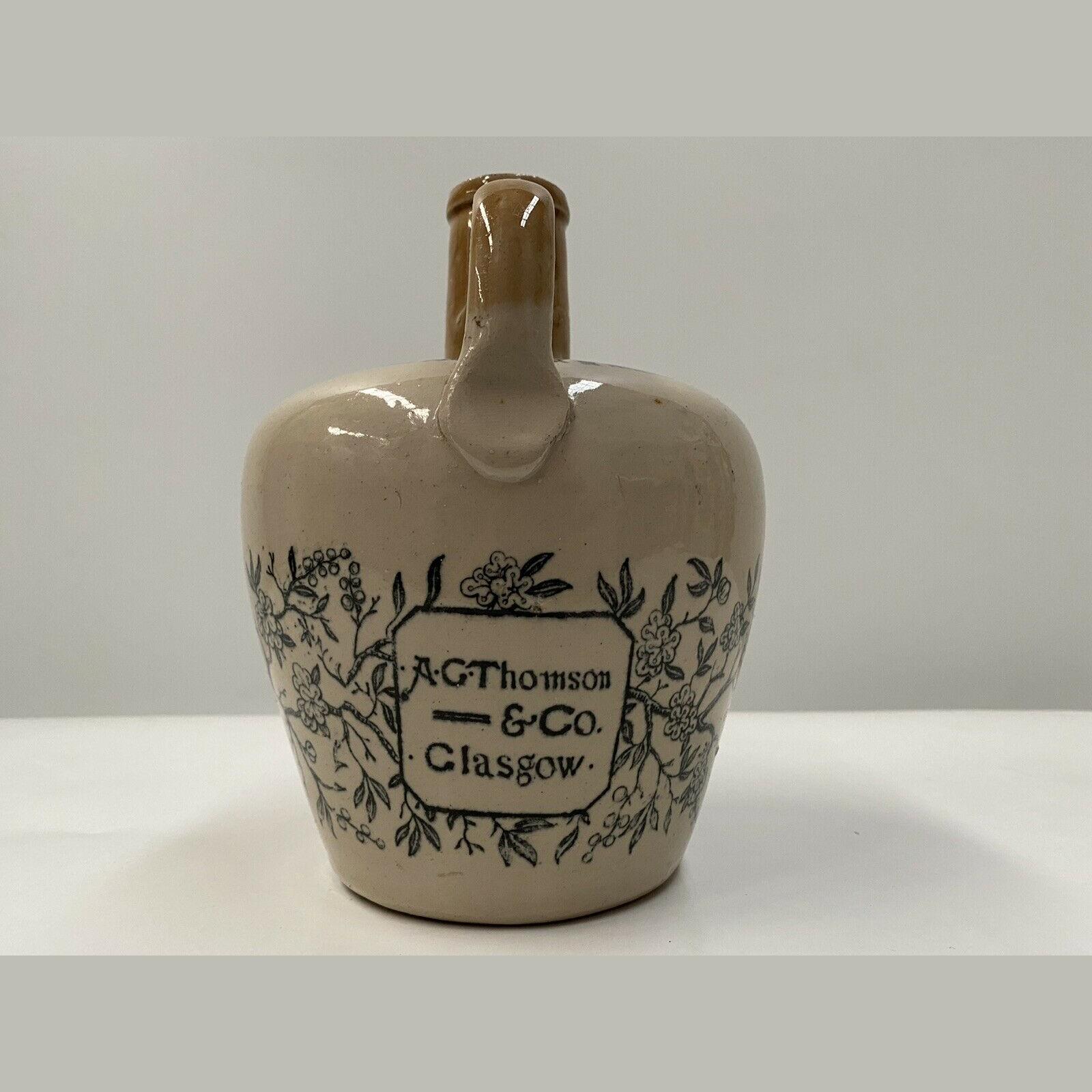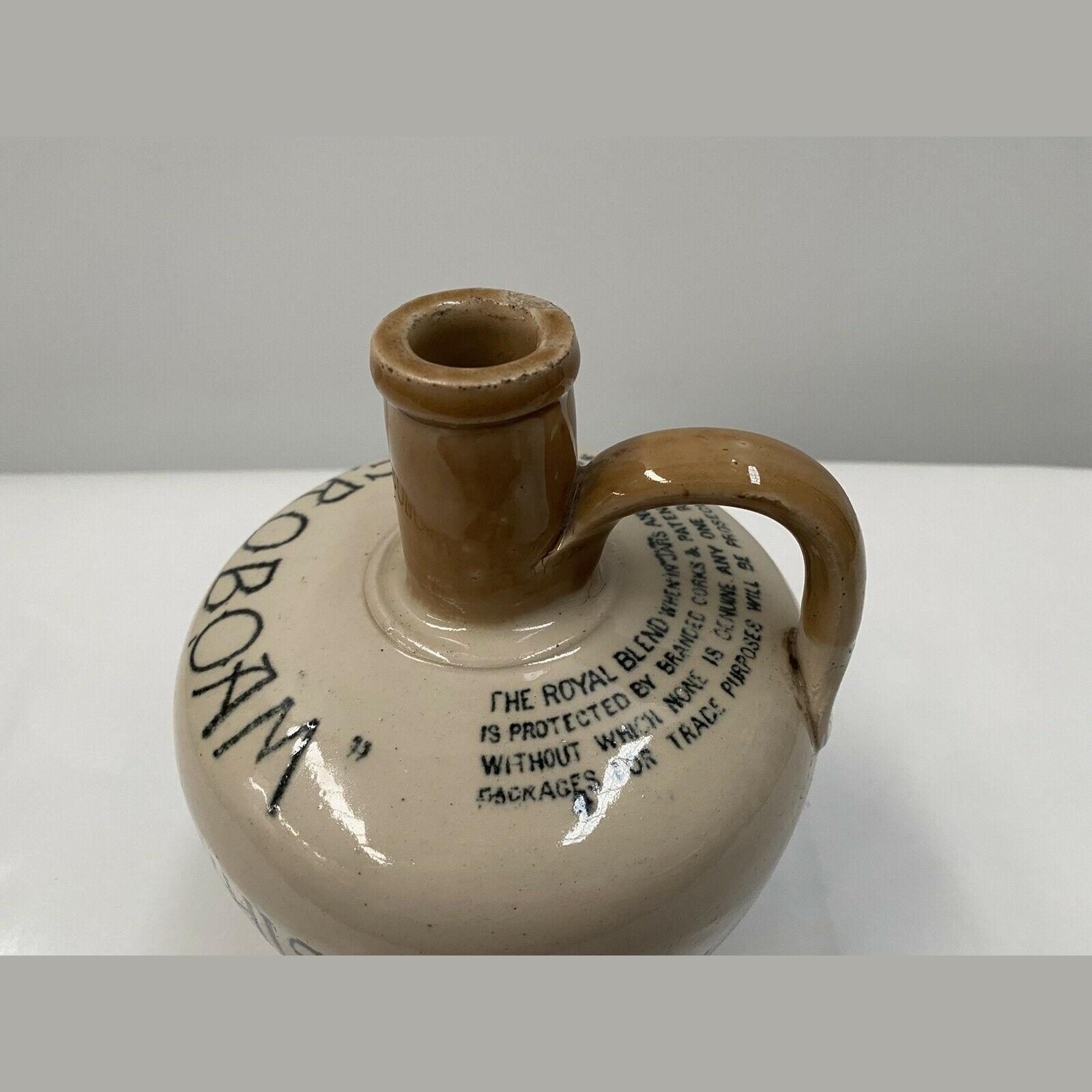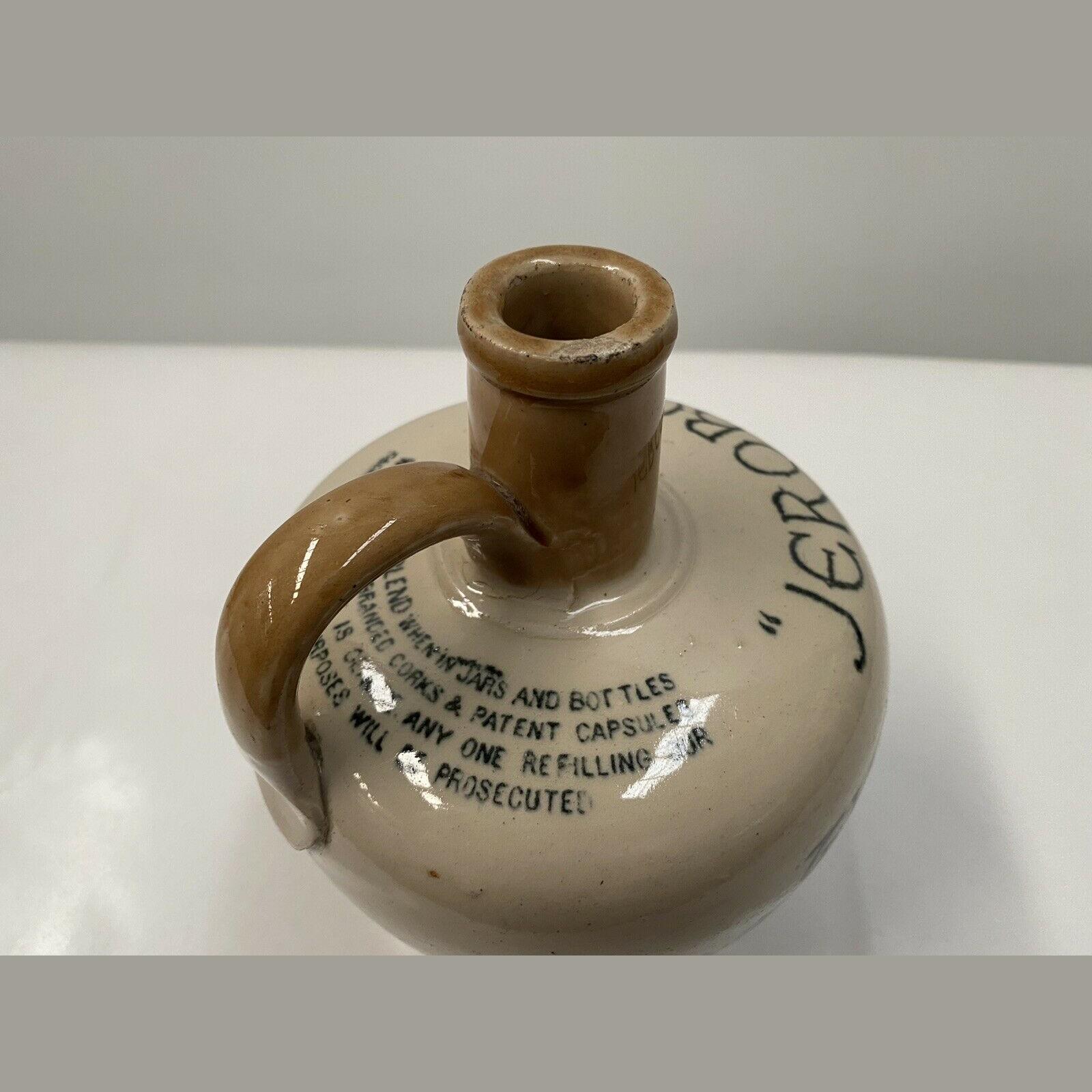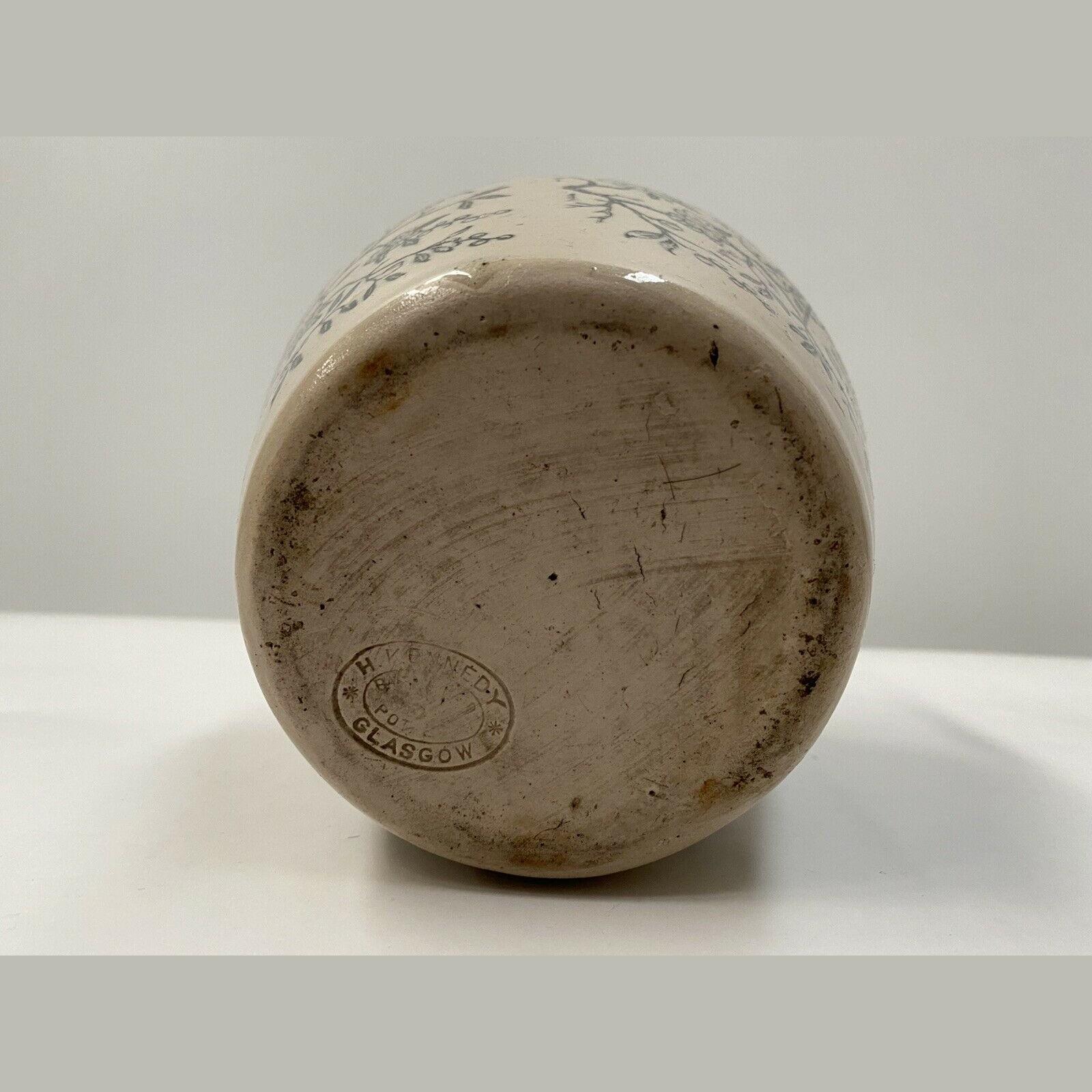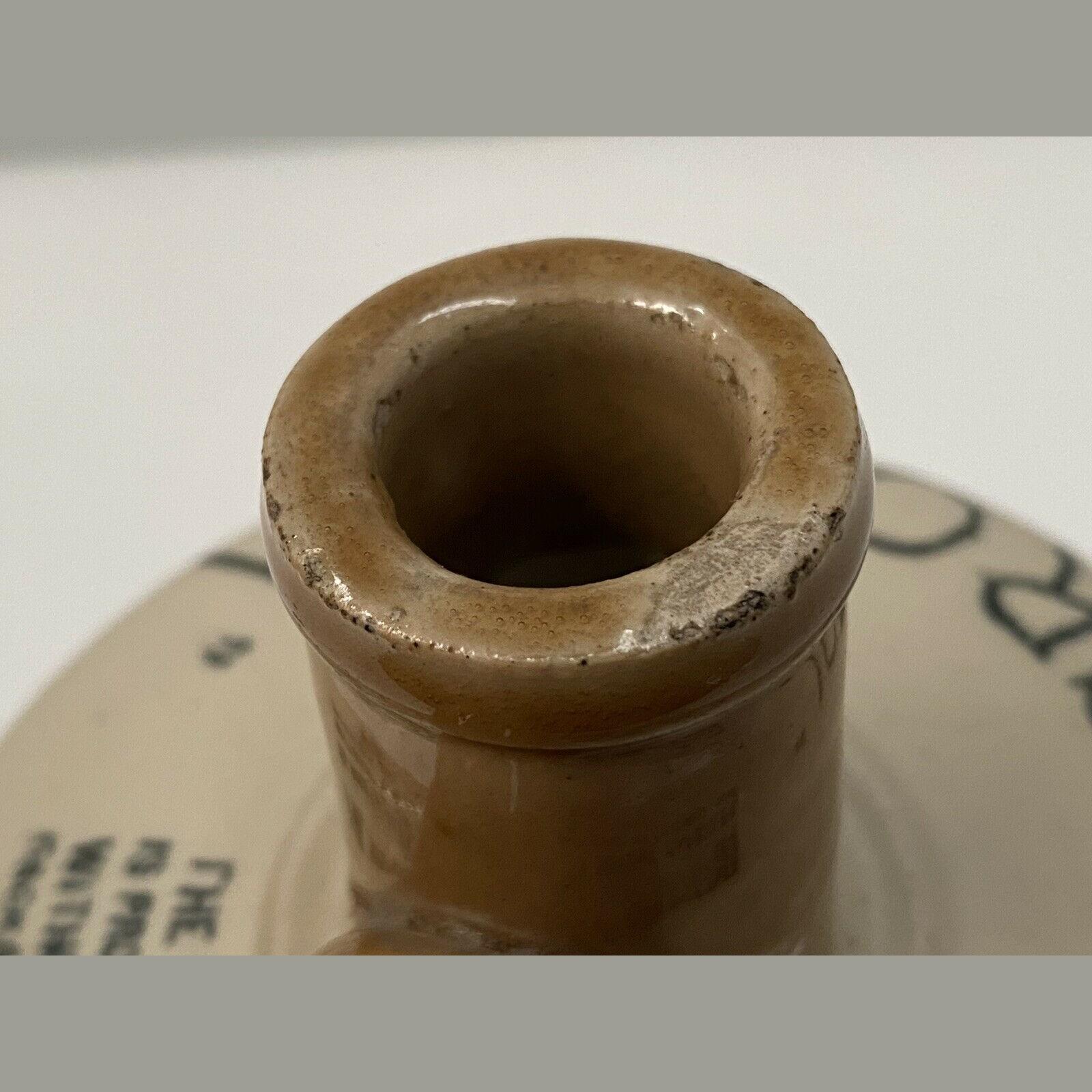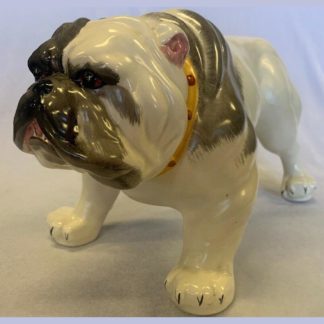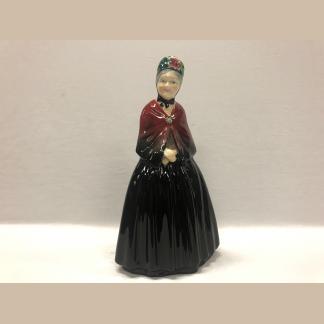Info/History
Borrowfield Henry Kennedy & Sons Potteries History (1866-1929)
Barrowfield pottery was founded in 1866 by Henry Kennedy, an Irish native, in the Camlachie district of the east of Glasgow, close to Campbellfield and Mount Blue potteries. The area was good for pottery factories as is was near the Camlachie clay beds.
Kennedy started his pottery business with only one kiln but but continued to build his business and by 1871 was employing forty men, which worked out perfect for the 1880 Mercantile age boom which grew his production to run eight kilns and 118 staff.
During that time the factory was turning out about 1,500 wares daily which included willow storage for basket wares as well, plus about 4000 bottles ready for dispatch at anytime.
Pottery production on this scale always presented a high risk of fire and Barrowfield was no exception. In April 1884 heat from a kiln set fire to the roof resulting in significant structural damage, the loss of unfinished ware alone amounting to £10,000 – a very substantial sum in 1884.
The pottery factory recovered but unfortunately Henry Kennedy died in July 1890 and left the business to his two sons which changed the name of the business to Henry Kennedy & Sons.
The two brothers built the company together until John Kennedy left to resurrect the liquidated Cleland Pottery in 1900 and allowed the Barrowfield factory to be run by his brother, by 1911 the two brothers formed the Borrowfield Business as a company “Henry Kennedy & Sons Ltd”.
The company’s growth to this point was reflected in the eighteen kilns shown on the 1898 Glasgow insurance map, the largest pot bank in Scotland. Unfortunately the First World War and furthermore The Great Depresstion, led the company to fall under hard times, Plus further competition from other factories producing new materials, put enormous pressure on the stoneware factories of Scotland. In 1929 Barrowfield Potteries closed its doors after 63 years of production.
